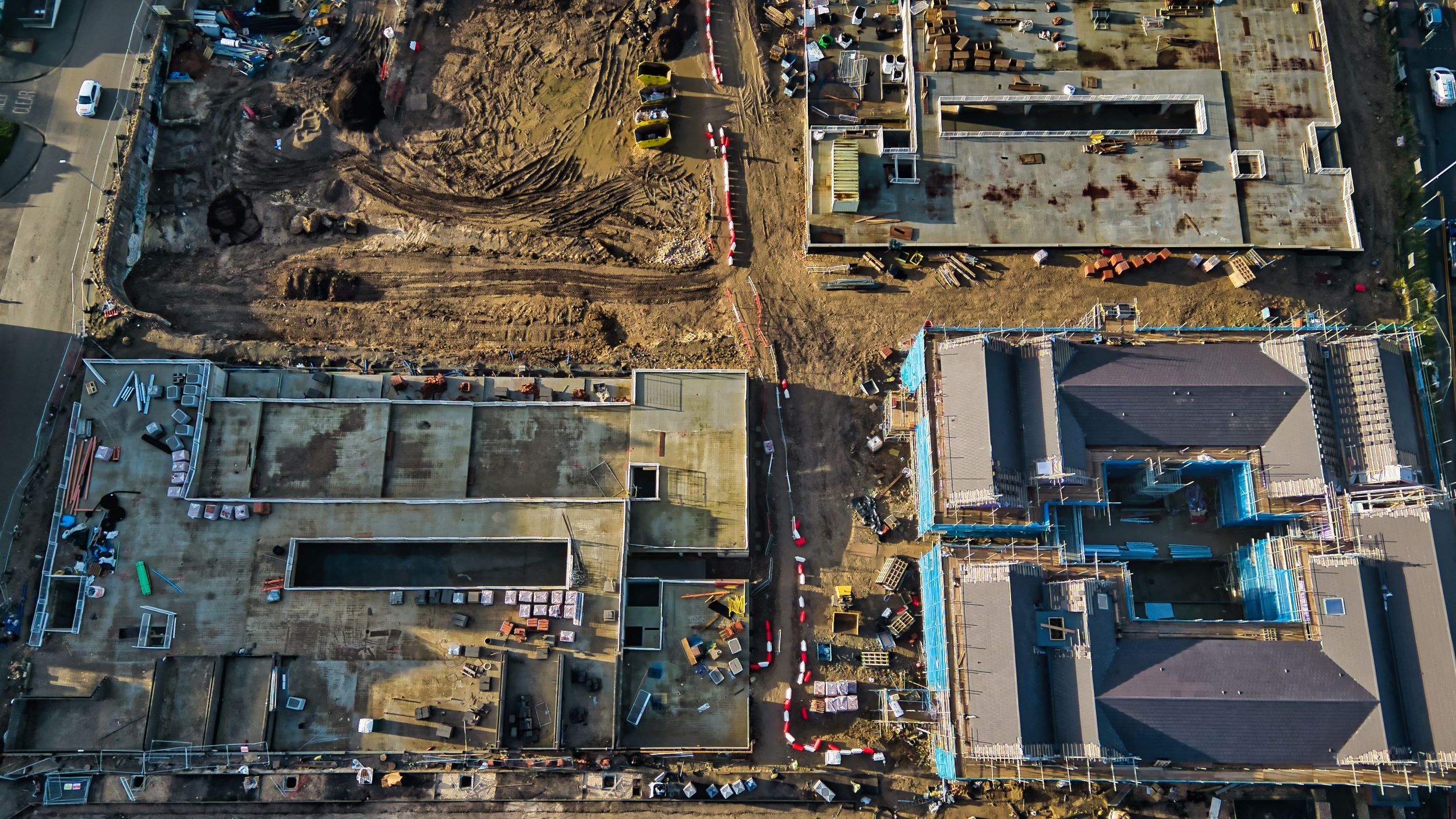
In the UK and many other countries, there are significant gaps in the policy instruments meant to reduce emissions from buildings, including the glaring absence of means for monitoring and controlling embodied carbon.
Good-quality data for construction products has been difficult to access, and project data even more scarce, with a lack of transparency about methodologies and sources. No single repository for project-level assessments has allowed data to be shared across the development industry and inform the development of robust benchmarks for different building types.
Libraries collate project and product data
The Built Environment Carbon Database (BECD) is precisely designed to fill this gap by creating a free-to-access website where data can be submitted, stored and used to inform future carbon assessments and policy.
It is not intended to replace any existing calculation tools or product databases, but rather to create a space where all building-related carbon information can be shared in a transparent way.
BECD comprises two separate sections: an asset library, hosting the results of whole-life carbon assessment for buildings and infrastructure, and a product library, collating existing data on the carbon intensity of construction materials and products.
The former is designed to report both embodied and operational emissions, to build up a large dataset that supports development of more accurate carbon benchmarks. These will be available for entire project – such as the typical amount of carbon associated with terraced houses – but also at the level of particular building elements, for example the carbon related to individual structural components.
These figures are useful not only in evaluating a new project against similar, previous ones, but also serving as reliable estimates of the emissions associated with new developments at the early stages of planning and design.
The product library meanwhile works as a comprehensive catalogue of environmental product declarations and life-cycle assessments, so assessors can understand quickly what information is available for particular products.
Together, the two libraries give the industry much-needed transparency about data sources and their quality, and a uniform way of sharing carbon emissions and other relevant information.
BECD enables reporting in line with RICS standard
The concept of BECD originated from a workshop held by RICS, Arup and the University of Cambridge in October 2020 to determine the industry's requirements when it came to emissions data, especially for embodied carbon. This found a need both for greater transparency on product-level data, and for a combined project-level data platform on operational and embodied carbon.
After a period of development, testing and public consultation by a steering group made up of RICS and other industry bodies, the first version of BECD was launched in October 2023. A new version was rolled out this July with an improved user interface and significant changes to both libraries.
The asset library can now be used to submit information on projects in a way that aligns with the current edition of RICS' Whole life carbon assessment for the built environment (WLCA), as recommended by the professional standard itself.
Projects still have an option to report in line with the first edition, and an alternative reporting format is also available for projects without the level of detail required by the standard. In the coming months, RICS will be adding historic projects to the asset library to ensure it provides a high-quality pool of data.
The product library has meanwhile been updated with the latest environmental product declarations (EPDs) and the product carbon factors from the current version of the Inventory of Carbon and Energy (ICE) database. Before this addition, users had to search for the right data in a spreadsheet while now they can simply browse the BECD product library interface and refine their selection through several filters.
Initiatives coordinate carbon reduction
BECD is linked to three initiatives enabling the UK built environment to reduce carbon in line with science-based national targets: the WLCA professional standard, the UK Net Zero Carbon Buildings Standard (UK NZCBS), and the Part Z proposal to regulate embodied carbon.
The current edition of WLCA has expanded the scope and improved the accuracy of what has effectively become the UK's unofficial carbon assessment methodology. The reporting format of the BECD project section is aligned with both the first and second editions of this standard, to support consistent reporting and encourage further adoption of the document.
Meanwhile, the UK NZCBS is developing a technical definition and verification pathway for what constitutes net-zero carbon performance, in line with science-based targets.
With this in mind, a preliminary version of the BECD asset library was used in December 2022 to collect evidence used by the UK NZCBS team to determine typical levels of embodied carbon across different building types. In future, the evidence provided by the library will be used to monitor industry progress against the targets set by the UK NZCBS.
BECD effectively complements the two standards. With WLCA explaining how to calculate life-cycle emissions in a rigorous and comprehensive way and the NZCBS what levels of emissions correspond with science-based targets, BECD provides the digital infrastructure to report, store and share this information.
In turn, Part Z is an industry-backed policy proposal to regulate embodied carbon in UK construction using a new approved document for the Building Regulations, which would require assessment and reporting and gradually impose carbon limits for different building types.
If implemented, it would establish a level playing field for embodied carbon assessment and reductions across the construction industry and encourage projects to access, store and share the carbon data that BECD can provide.
'The UK NZCBS is developing a technical definition and verification pathway for what constitutes net-zero carbon performance'
Industry takes action in absence of regulation
Professional bodies and organisations are responsible for each of the four initiatives, with strong support from construction and real-estate companies. In the absence of government action on embodied carbon, therefore, they are making progress on decarbonisation, and by collaborating on the necessary framework and instruments to tackle emissions throughout the building life cycle.
When the UK government finally comes around to regulating embodied carbon, BECD will be there to provide robust evidence and a single place to report and store assessment results.
A version of this article was originally published on 2 March 2023.

